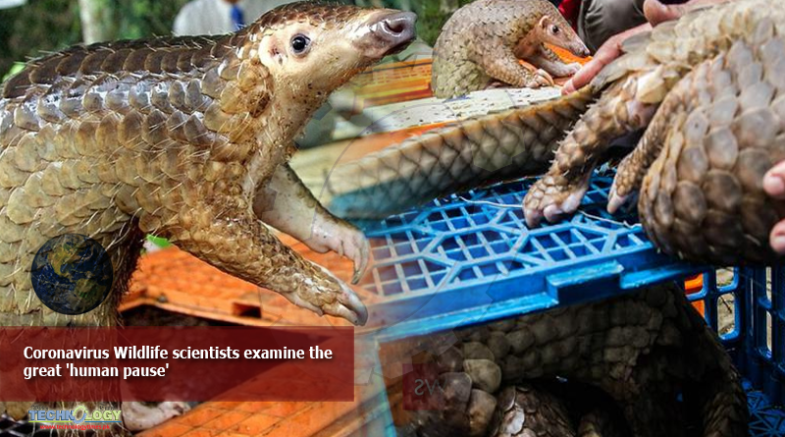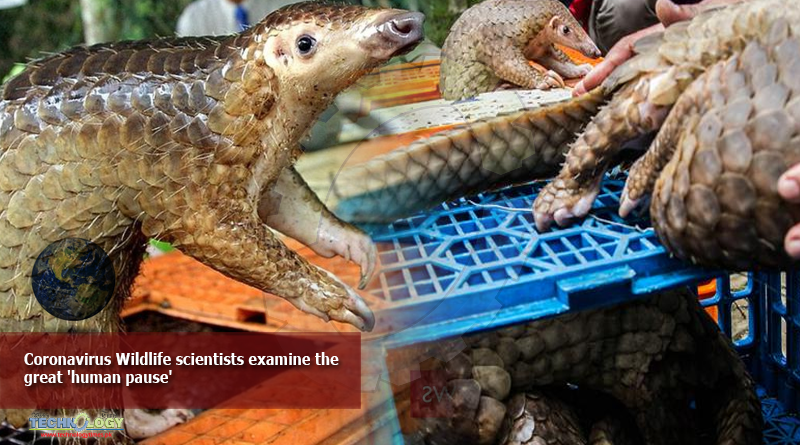Researchers have launched an initiative to track wildlife scientists examine the great ‘human pause before, during and after the coronavirus lockdown.

The UK-led team’s aim is to study what they have called the “anthropause” – the global-scale, temporary slowdown in human activity, which is likely to have a profound impact on other species.
Measuring that impact, they say, will reveal ways in which we can “share our increasingly crowded planet”.
They outline the mission in the journal Nature Ecology and Evolution
They outline “urgent steps” to allow scientists to learn as much as possible from the sudden absence of humans in many landscapes – including ensuring that researchers have access and permission to carry out their work, and can gain access to information about human movement, as well as animal-tracking data.
Prof Christian Rutz from the University of St Andrews is president of the International Bio-logging Society.
He pointed out that bio-loggers – small tracking devices fitted to animals in order to record their movements and other behaviour – have been collecting information in habitats all over the world throughout the pandemic.
“There is a really valuable research opportunity here, one that’s been brought about by the most tragic circumstances, but it’s one we think we can’t afford to miss,” he told BBC News.
Usually, studies which try to examine the impact of human presence and activity on wild animals are limited to comparing protected habitats to unprotected areas, or studying landscapes in the wake of a natural disaster.
“But during lockdown we have this replicated around the globe – in different localities and for habitats where some species have been fitted with tracking devices the whole time,” said Prof Rutz.
“No one’s saying that humans should stay in lockdown permanently,” added Prof Rutz.
“But what if we see major impacts of our changes in road use, for example? We could use that to make small changes to our transport network that could have major benefits.”
Prof Jim Smith from the University of Portsmouth has been part of what might be considered the first anthropause study – a long-term investigation into the changes in the abandoned landscape around the damaged Chernobyl nuclear power plant.
“Just a few years after the evacuation of the Exclusion Zone, Belarussian and Ukrainian researchers found species associated with humans – like pigeons and rats – were disappearing, but wild animals – wild boar, deer and wolf – were multiplying,” he said.
“Still abandoned more than 30 years later, the zone has become an iconic example of accidental rewilding.”
“At great economic and human cost, Covid and Chernobyl forced us to push the pause button on our environmental damage,” Prof Smith continued.
“Stopping some of those impacts altogether will be hard, but will be helped by what we can learn from these extreme events.”
Prof Rutz and his team pointed out in their paper: “Scientific knowledge gained during this devastating crisis will allow us to develop innovative strategies for sharing space on this increasingly crowded planet, with benefits for both wildlife and humans.”
Originally Publish at: https://www.bbc.com/
